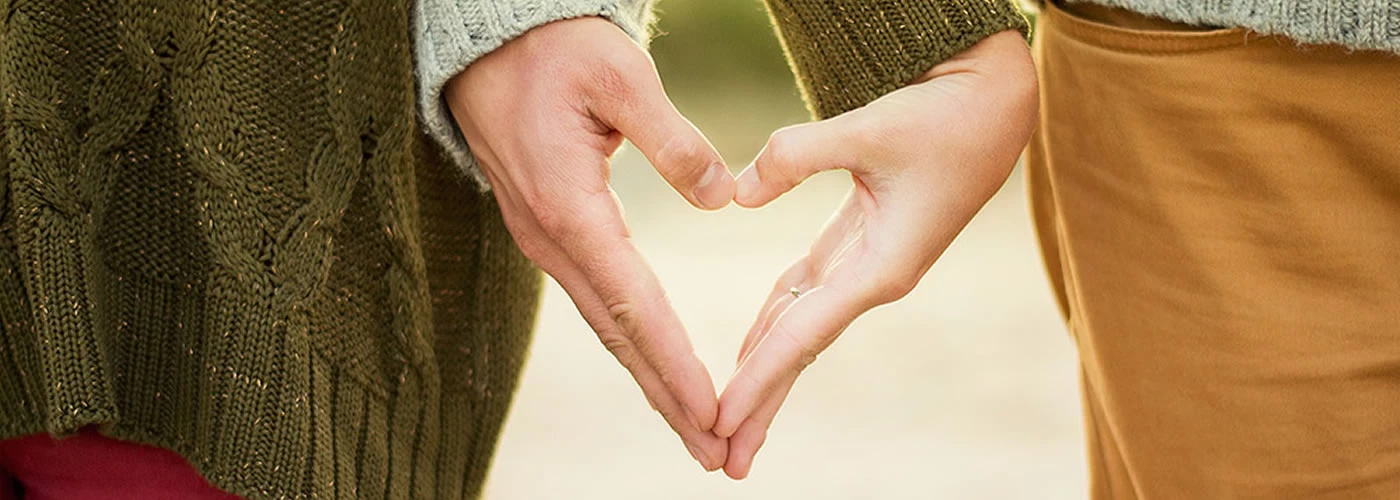Let’s try on the idea of love as a verb. Love as action in every relationship. With our survivors, that can be like getting a second helping of challenge while trying to remain flexible inside. Why is this? Well, there’s a level of unpredictability we can’t begin to know. Example: your survivor is in the middle of treatment and says, boy, a milkshake suddenly sounds good. You jump at the chance to serve and go find said milkshake double quick. Once you get back, though, the window of that milkshake tasting good has closed. She can’t help it, and you know this. Yet, this is hard not to take personally, to feel like you’ve run an unnecessary errand, to gulp down the milkshake yourself without all that much enjoyment.
This is but one example of how things may or may not go. You know best what your version of that example is.
So, just for you, let’s think about how to create more loving internal flexibility. This blog talks about love in action, and the number one thing is about not sweating the small stuff (which is all small stuff). That can be harder to say than do, so maybe small steps are needed. When we feel a surge of frustration surfacing, switch directions.
Do something else.
Right now.
Frustrated? Angry? Feeling helpless? Practice choosing to do something to shift your energy which will likely shift your thoughts and feelings.
What does that small-step practice look like? Walk around the block. Run an errand that will take at least 20 minutes. Listen to music that gets you moving for five minutes. Call someone who can hold space and let it rip knowing that there’s no backlash coming. Write it down and then don’t share it.
What will this do? Get it out of your system quicker, bring calm faster, clarity sooner. This is an act of self-love (even if doesn’t feel like it). This is love as action (even if you are fighting your thoughts and feelings - which are not facts - a lot). This is cultivating a practice of patience, tolerance, understanding and kindness - especially at our most challenged moments.
So breathe deeply. Laugh. Know that you are doing a good job.
YSC resources
“Help Your Loved One Cope With Breast Cancer”: learn page on YSC website
“Facing Metastatic Breast Cancer Together”: blog post by Jennifer, mets breast cancer warrior, and Chris, husband & co-survivor
“Best Communication Practices (all co-survivors)”: talk by Julie Larson, YSC Summit 2016




